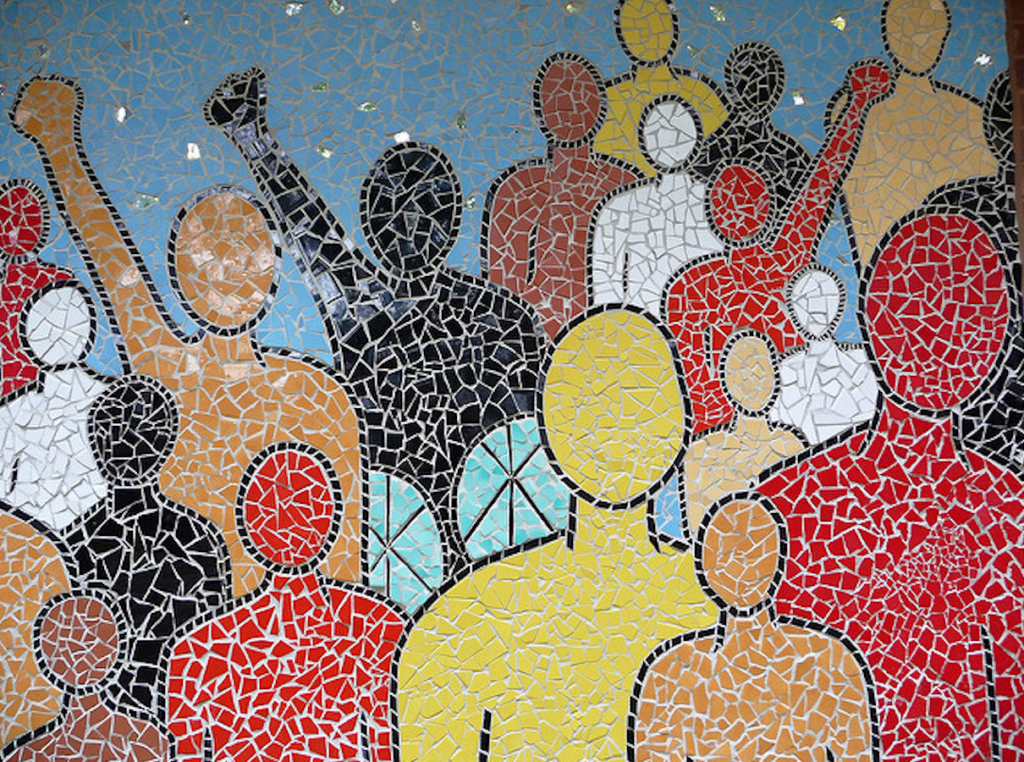Chaplain as Health Promoter and Disease Prevention During COVID 19 Pandemic
During the Covid19 Pandemic and forward, Chaplains will increase their role as Health Promoter and Disease Prevention.
The rhythm and dynamism of society give human groups new biological and behavioral profiles. The changes observed since the Covid-19 pandemic in the human trajectory allow us to verify: population aging, the growth of city populations, migratory phenomena between towns, changes in epidemiological patterns, the phenomenon of globalization, which speeds up the exchange of health information worldwide etc. (Rise of the Chaplains). These and many other phenomena added to the chaos that Covid-19 created changed the demands and encouraged the reformulation of health practices. This fact implies the need to assist populations in an ever-faster way, to act in the promotion of health and the prevention of diseases, all of this, aiming at more effective health care (Covid-19 changes that could last long term).
This points towards an increase in healthcare while the large circulation of information on health-disease-care will make patients increasingly informed about their complaints and act less as patients and more as agents of their own process of diagnosis and care.
This has committed us to developing creative forms that are very different from what was practiced that is looming, becoming obsolete and today it will not be strange to speak of primary pastoral health care given by phone, via the Internet, through guidance in chat rooms (Microsoft Team), by voice messaging and webcam (Face-Time, Zoom or Microsoft Team) and, in addition, and often carried out in groups.

At the same time, we have been required other theoretical and practical configurations to meet the new health criteria demanded. The actions of chaplaincy in public health and the inauguration of our assistance at the primary level represent an attempt to respond to this new professional demand.
The look towards the chaplains acting in public health indicates the novelty of their activities in this field and highlights the scenarios of diversification of their assistance at various levels of health care. It should be emphasized that disease prevention is, among all the novelties of pastoral action, and the least developed and known.
Currently, the public health context requires that the prevention move towards optimized levels.
The emphasis on prevention indicates on the one hand a plurality of actions, and on the other hand, the difficulty in adapting each action to its level of belonging.
This situation should have its epistemological and practical support in pastoral care.
This is reflected in the conceptualization made by Guibert Reyes, Grau Abalo & Prendes Labrada (1999 – Reyes, Abalo y Labrada. “¿Cómo hacer más efectiva la educación en salud en la atención primaria”, 176-183), associating education with health promotion, they affirm that promoting health means educating, that is, establishing behavior in the population that has proven to be truly effective for optimal health. This requires forming new behaviors, modifying attitudes, strengthening special motives and promoting favorable beliefs through different types of functional relationships: verbal formulations, campaigns, effective performances, group work, intermediation in work centers, intersectoriality, etc., that promote the condition of health, but also define how these behaviors are to be established. (p. 182)
In conclusion, a good performance of psychologists in public health must take into account the possibilities of intervention at different levels of health care, weighing the adequacy of each action at its appropriate level and also the dynamic and integrative nature of them; general health in the pursuit of health promotion and disease prevention; that secondary health interventions must focus on specialized follow-up care, where physical, mental and spirit-emotional health has its greatest expression.
In short, the intervention of chaplains or pastoral counselors expands into new fields of health, as in the case of disease prevention, creating professionals more compatible with the procedures required for their intervention in public-community health. Chaplains find new ways to connect families with loved ones.
Sergio Pino, MSc, MA, BCC
Ph.D. Candidate in Psychology
Chaplain/Bereavement Case Manager
